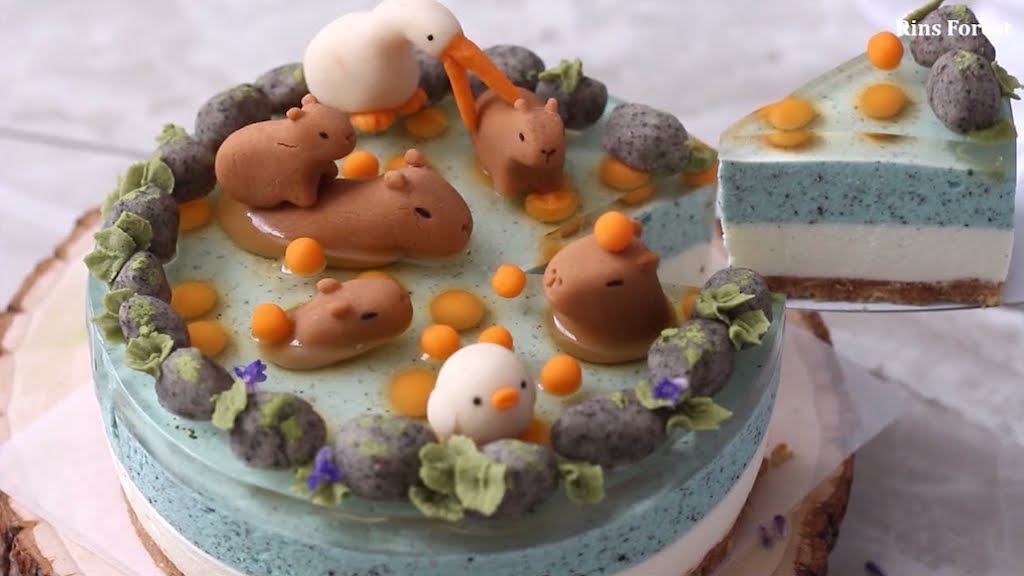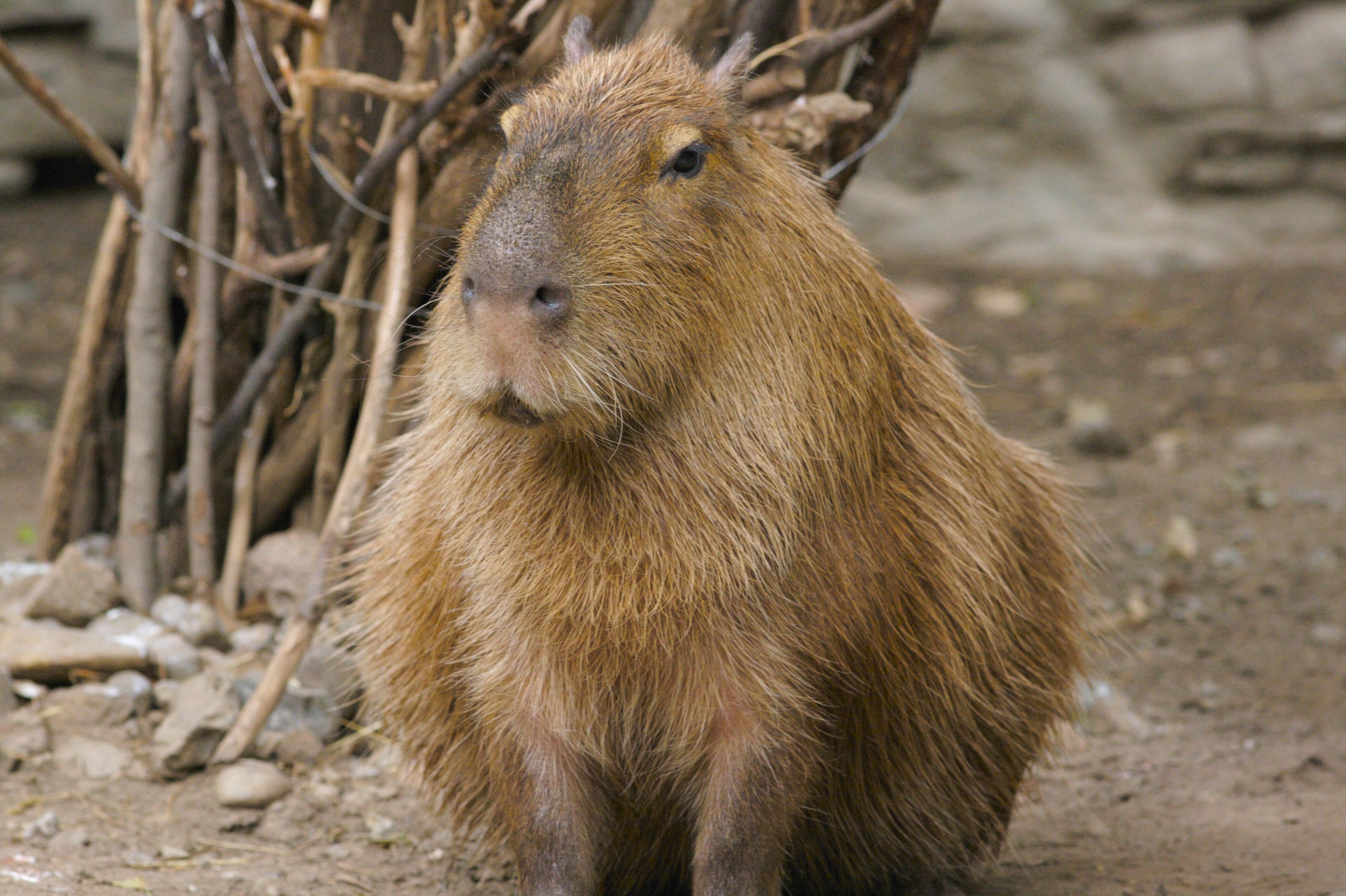
Introduction
The capybara is an adorable and fascinating creature that is native to South America. Known for its friendly and social nature, the capybara has captured the hearts of many animal lovers around the world. In this article, we will explore the unexpected and delightful sight of a capybara enjoying a slice of cake.
What is a Capybara?

The capybara, scientifically known as Hydrochoerus hydrochaeris, is the largest rodent in the world. Although its size might be intimidating, capybaras are incredibly gentle and sociable animals. They have a semi-aquatic lifestyle, often found near bodies of water such as rivers, lakes, and marshes.
A Unique Culinary Experience

Imagine stumbling upon a capybara indulging in a piece of cake ??? it's an unexpected and delightful sight! While it may seem peculiar, capybaras are herbivores and consume a variety of vegetation in their natural habitat. Their diet primarily consists of grass, aquatic plants, and fruits. However, their curiosity sometimes leads them to explore unconventional food items.
The Curious Capybara

Capybaras are known for their inquisitive nature. They have a tendency to investigate new objects or situations, often using their snouts to sniff and nibble on unfamiliar items. This curiosity has led to numerous adorable encounters, including capybaras interacting with humans and even enjoying treats like cake.
A Unique Palette

Although capybaras generally stick to their natural diet, their taste buds may occasionally crave something different. The flavors and textures of cake can be enticing to these animals, leading them to take a curious nibble. However, it is important to note that capybaras should not regularly consume sugary or processed foods, as it can negatively impact their health.
Wild Encounters

While it is rare to witness a capybara eating cake in the wild, these encounters may occur in certain situations. For instance, if a capybara encounters a discarded piece of cake near human settlements or picnic areas, their curiosity may get the best of them. However, it is crucial to respect their natural habitat and not encourage or provide them with such food.
Caring for Capybaras

Capybaras require a specific diet to stay healthy and happy. In captivity, they should be fed a balanced and nutritionally appropriate diet that mimics their natural food sources. Feeding capybaras cake or other sugary treats can lead to obesity, dental problems, and digestive issues. It is always best to consult with experts or veterinarians for proper capybara care.
The Importance of Conservation

While the image of a capybara eating cake may bring joy to our hearts, it is crucial to remember the importance of conservation efforts for these wonderful creatures. Habitat destruction and illegal hunting pose threats to capybara populations. Supporting organizations dedicated to capybara conservation can help protect these animals and their natural habitats.
Conclusion
The sight of a capybara enjoying a slice of cake may be an unexpected and heartwarming experience. However, it is essential to prioritize the well-being of these animals by respecting their natural diet and habitat. Let us appreciate the beauty and uniqueness of capybaras while actively supporting their conservation.